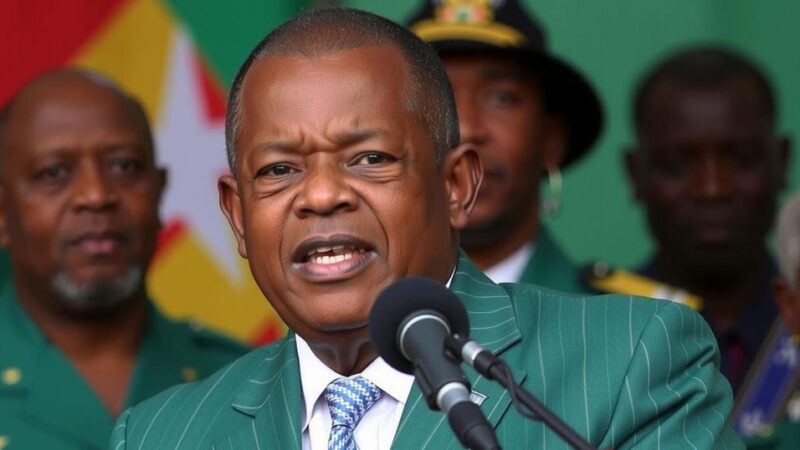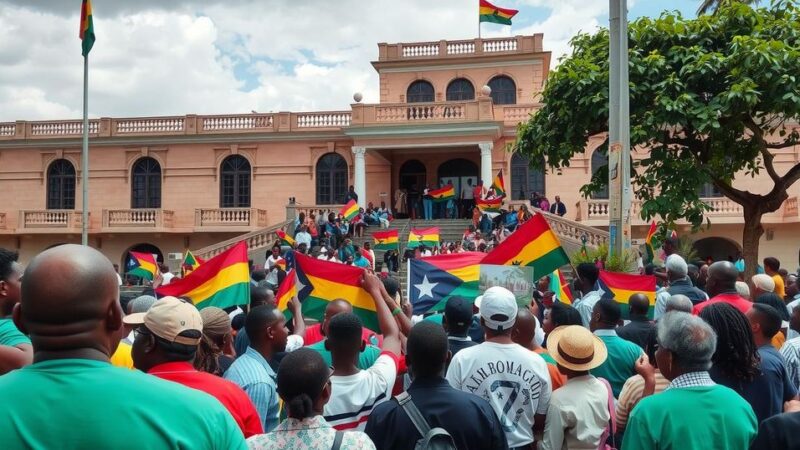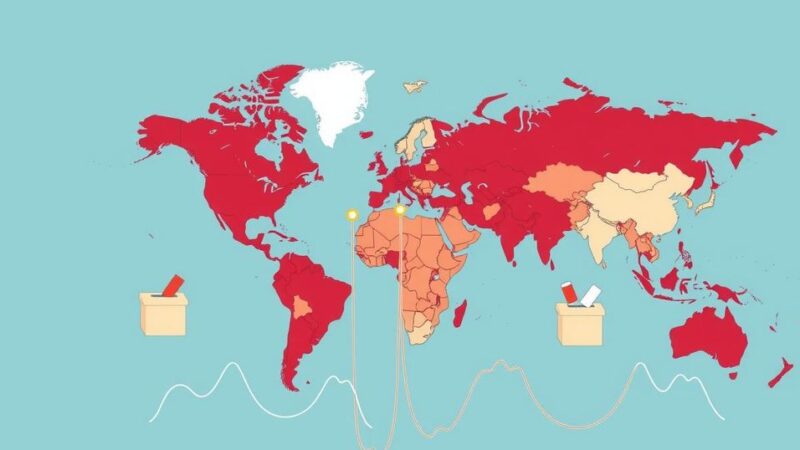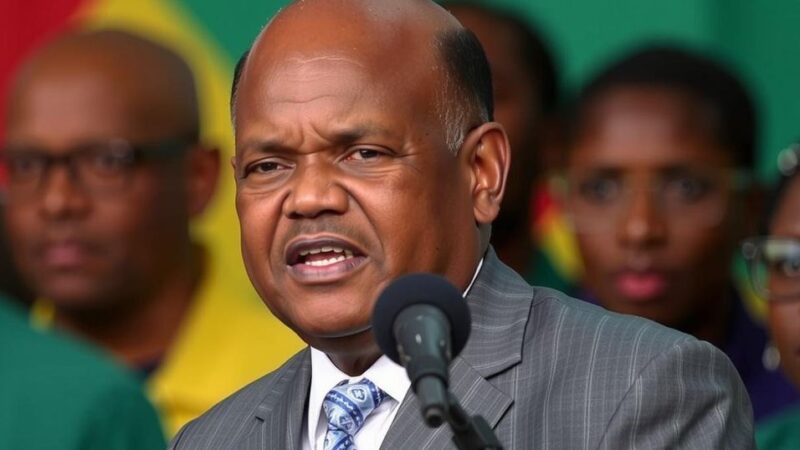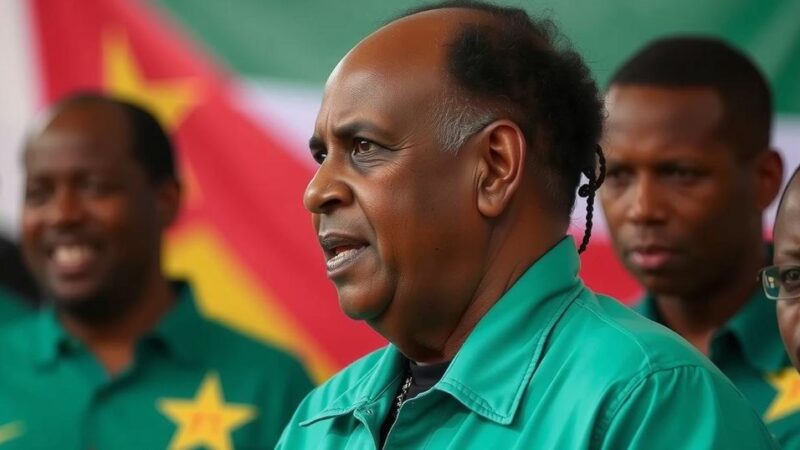In a recent vice presidential debate, JD Vance and Tim Walz presented diverging views on clean energy and manufacturing jobs. While Vance critiqued the Biden administration’s policies and called for a renewed focus on American manufacturing, Walz highlighted the positive impacts of the Inflation Reduction Act, asserting that it has created hundreds of thousands of jobs and is key to addressing climate change.
In the vice presidential debate held on Tuesday, JD Vance and Tim Walz engaged in a vigorous discussion regarding clean energy and manufacturing jobs, each presenting contrasting visions for boosting industrial growth and enhancing U.S. competitiveness against China. This exchange was prompted by a question from CBS News moderators Norah O’Donnell and Margaret Brennan concerning strategies to combat climate change, specifically in the aftermath of Hurricane Helene’s devastation. Vance, the Republican nominee and current U.S. Senator from Ohio, asserted, “If we actually care about getting cleaner air and cleaner water, the best thing to do is to double down and invest in American workers and the American people. And unfortunately, Kamala Harris has done exactly the opposite.” In contrast, Walz, the Democratic nominee and serving governor of Minnesota, emphasized the Biden-Harris administration’s efforts: “We got close to an agreement because all those things are happening.” He highlighted the Inflation Reduction Act (IRA), which he characterized as having initiated the largest global investment in climate action, thus creating numerous jobs nationwide. According to Walz, the IRA alone has reportedly created 240,000 jobs, whereas a nonpartisan environmental think tank pegged this figure at approximately 105,000 as of May 2024. The debate revealed a stark divide between the Democratic ticket’s record on energy and manufacturing investments and Vance’s assertions that these efforts have been inadequate. He claimed that under Harris’s policies, production had shifted more to China, criticizing the administration for resulting in increased energy production overseas. Walz highlighted specific job growth related to electric vehicles, noting that over 2,000 jobs are anticipated in Jeffersonville, Ohio, due to the construction of a battery plant by LG Energy Solution and Honda Motor Co., although he acknowledged that the plant’s planning predated the IRA. Moreover, Vance presented a vague outline of his plans to bolster U.S. manufacturing and clean energy sectors. He suggested that energy production should heavily focus on domestic capabilities while promoting alternatives like nuclear energy and natural gas. Although the Biden administration has pursued these avenues, Vance’s commentary did not detail specific policies or steps that could be anticipated if Republicans were to reclaim the presidency. Given the complexity and nuance surrounding clean energy initiatives and their economic implications, the debate serves as a microcosm of the broader discussions leading up to the November elections, where manufacturing policy and climate action remain pivotal issues.
The context of the debate centers on the urgent need for effective strategies in combating climate change, particularly in the face of recent environmental catastrophes like Hurricane Helene. Both candidates represent contrasting political ideologies, with Democrats advocating for significant federal investments in clean energy and manufacturing through legislative measures like the Inflation Reduction Act. On the other hand, Republicans, led by Vance, criticize the current administration’s record while promoting their vision for revitalizing American manufacturing and reducing dependency on foreign energy sources, particularly emphasizing the growth of clean energy jobs in the United States. This debate underscores key economic issues related to manufacturing and climate policy essential for voters as the November elections approach.
The vice presidential debate highlighted fundamental differences in approach to clean energy and manufacturing between the candidates Tim Walz and JD Vance. Walz passionately defended the Biden administration’s investments in renewable energy and infrastructure, citing job creation linked to the Inflation Reduction Act. Meanwhile, Vance criticized those efforts as insufficient and described policies leading to increased production overseas. As the campaigns unfold, the candidates continue to grapple with complex issues surrounding clean energy, manufacturing, and economic competitiveness, which are likely to remain at the forefront of voters’ concerns heading into the elections.
Original Source: www.detroitnews.com


